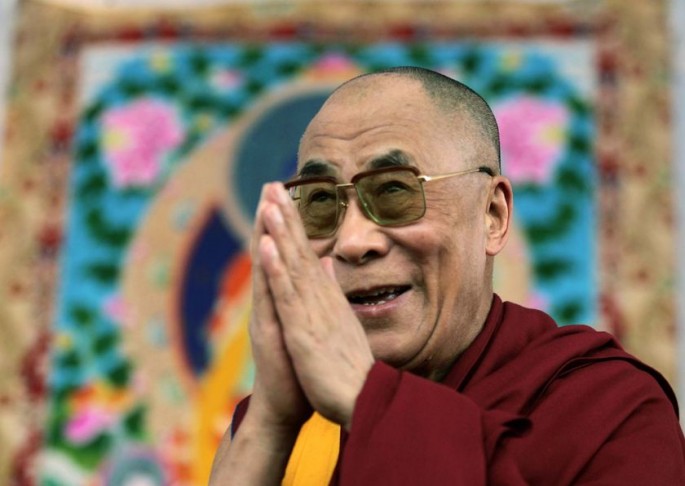After Beijing expressed its displeasure regarding the U.S. president's extension of an invitation to Tibet's banished spiritual leader, a representative of the Chinese government spoke to reporters on Friday, the day after Washington's yearly prayer breakfast event.
Meanwhile, President Barack Obama spoke directly about the Dalai Lama in his address at the breakfast, even though the two leaders did not personally meet.
After the state-funded news source Xinhua wrote that the incident "downgrades Obama's credit as a national leader" because it is a breach of "his commitments to China on the Tibet issue," a spokesperson for China's foreign ministry spoke on behalf of his government at Friday's press briefing, reminding the White House of its foreign-relations obligations:
"We urge the U.S. to . . . properly settle related issues with the overall interests of China-U.S. relations in mind."
Last week, when the news of Washington's breakfast invitation first emerged, the Chinese government described the Dalai Lama as a "political exile," and Hong Lei expanded on this governmental perspective on Friday.
Hong told reporters that the Tibetan faith leader "is seeking foreign support to realize his political ambition" and "has been engaged in secessionist activities under the cloak of religion." The ministry representative was adamant that the Dalai Lama's mission "will never succeed."
Hong reminded the briefing attendees that "China's core interests and national sentiments" are intimately connected with Tibetan matters, which is why Beijing is opposed to the Dalai Lama's foreign-relations exercises "in any form." The leaders of South Africa and the U.K. are examples of prominent political figures who have revised their actions in accordance with Beijing's wishes.
However, the American leader appeared to be unaware of the contentious nature of Thursday morning's prayer event, as he declared the Dalai Lama an inspiration and "a powerful example of what it means to practice compassion."



























